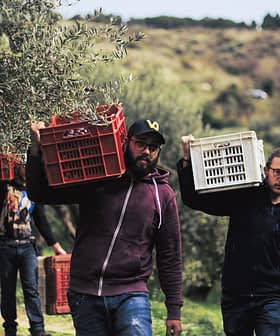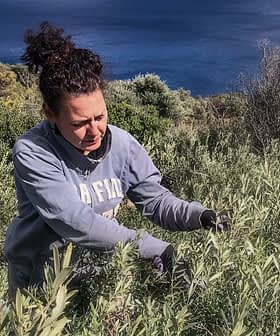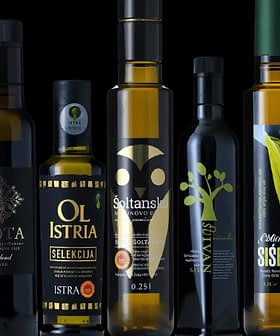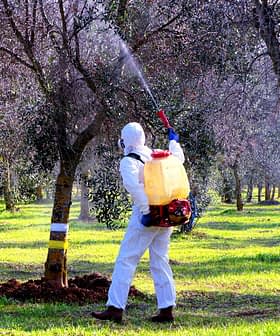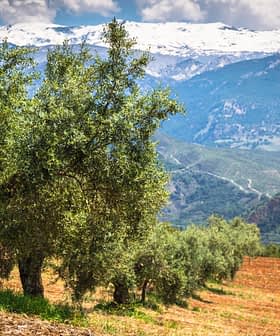 18.9K reads
18.9K readsWorld
Eight Japanese Olive Oils Among This Year's Top-Rated Brands
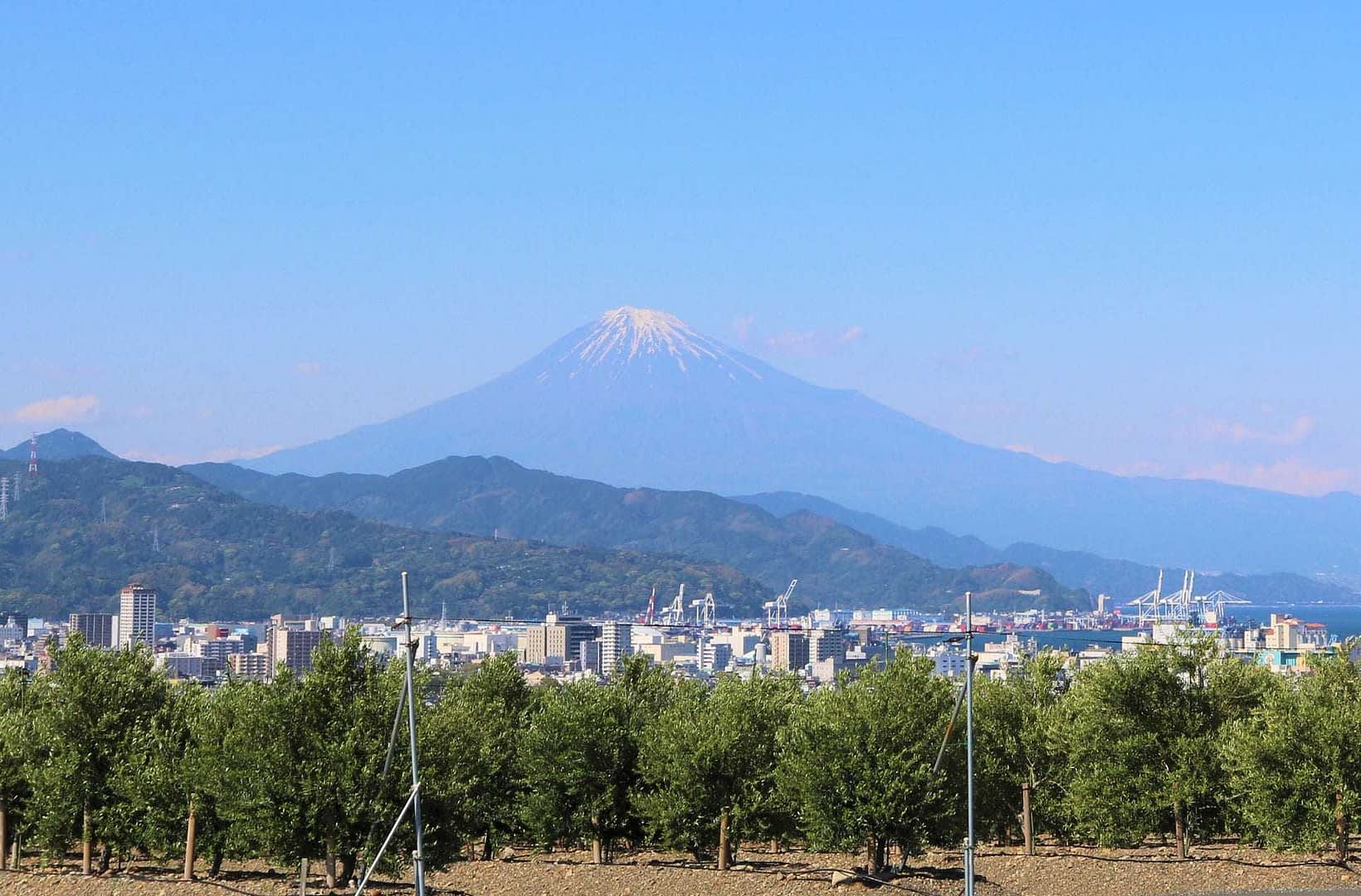
The health benefits of olive oil in Japan are driving a thriving market for local growers, with producers earning eight awards at the 2020 NYIOOC World Olive Oil Competition. Notable winners include Green Basket Japan, Etajima Olive Company, and Crea Farm, who are all recognized for their high-quality products and dedication to olive oil production.
Growing awareness in Japan about the health benefits of olive oil is fueling a robust market for local growers, some of whom are also gaining worldwide attention for their high-quality products.
Producers from the East Asian nation earned a record-high eight awards at the 2020 NYIOOC World Olive Oil Competition, including four Gold and four Silver Awards.
It is believed that people stay healthy by eating local food, so I hope my extra virgin olive oil can be enjoyed by people who appreciate our specific environment.
Among the winners of the world’s most prestigious olive oil quality competition was Green Basket Japan, which took home its third consecutive Gold Award for its Any Varieties Blend brand.

Green Basket Japan
Kai Kato, the company’s owner, told Olive Oil Times that winning the award holds a great deal of meaning to both himself and the company, in part due to the unique location of the olive groves, which are situated in Odawara and Minami-Ashigara, close to Tokyo.
See Also:The Best Olive Oils from Japan“[They] represent, in many ways, frontier lands for olive growing in Japan,” he said. “To grow olives here, I researched various olive tree varieties that thrive in similar challenging climates.”
“Since we had little access to professionals and the latest studies about olive growing in Japan, we had to go on by ourselves,” Kato added.
As a result, the company cultivates Leccino, Mission, Kalamata and Halkidiki trees, blending the resulting olive yields to make a world-class product.
“But my goal is to bottle monovarietals, so as to produce olive oils that are able to fully represent the idiosyncrasies of each variety when grown on our lands,” Kato said.
Kato, who started his adventure in olive oil production about nine years ago, has poured his philosophy into his oils.
“It all began because my parents managed an Italian restaurant in Odawara and olive oil was always on the table,” he said. “Since childhood, I was absorbed by things that do not give easy answers. Olive growing is one of them.”
Kato added that he is also driven by a Buddhist concept known as Shindo-fuji.
“People cannot be separated from the environment of the region they live in, as well as from its products,” he said. “It is believed that people stay healthy by eating local food, so I hope my extra virgin olive oil can be enjoyed by people who appreciate our specific environment.”
Among Japan’s other winning producers was the Etajima Olive Company, which earned a Gold and Silver Award for a pair of delicate blends.
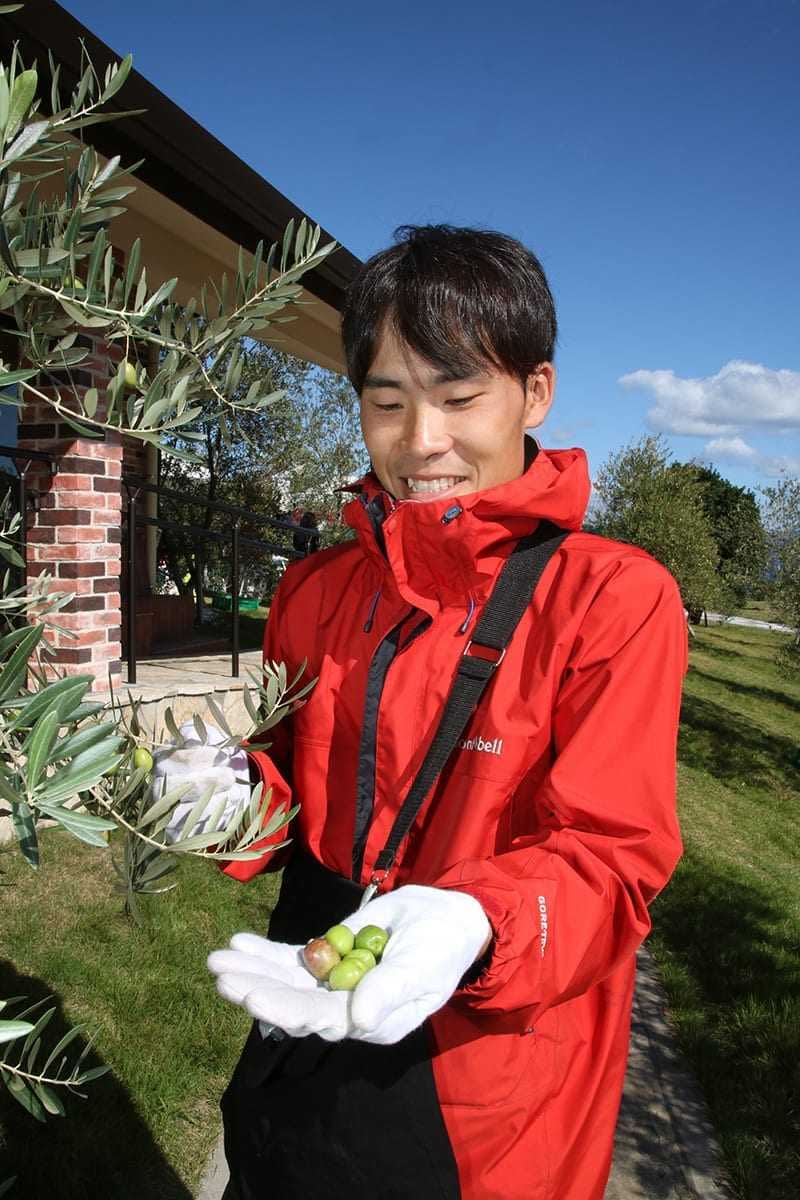
Etajima Olive
The farm operates not far from Hiroshima, in the south of the country, and represents the success of a project dedicated to agricultural innovation.
“We started growing olives about 10 years ago, a project born from the support of the Etajima city and the local farmers,” Toru Yamaguchi, the sales manager of the company, told Olive Oil Times. “The goal was to restore, reuse and re-cultivate abandoned farm fields.”
“We used to see a lot of Mikan Japanese orange farming in the area, but the younger generations began to move to the big cities looking for a better income,” he added. “More recently, with the help of the local community, we set up this new project to revitalize our land and make it more attractive for youngsters.”
The Etajima Olive Company grows trees of several different varieties, including Mission, Lucca and Nevadillo Blanco, all of which are used for the Etajima blends.
“We also grow Coratina, Frantoio, Leccino but those trees are still very young,” Yamaguchi said.
The farm produces its olive oil at its own two-phase mill, where oil is extracted just a few hours after harvesting. Yamaguchi said that he is always looking for a fresh and green taste from his oils, allowing them to complement the flavors of Japanese foods.
Situated about 90 miles southwest of Tokyo, in the shadow of the iconic Mount Fuji, sits Crea Farm, another of the winning Japanese producers.
Tatsuya Okumura, the company’s senior managing director, told Olive Oil Times that earning a Silver Award at the 2020 NYIOOC put the five-year-old brand right on course with where it is meant to be.
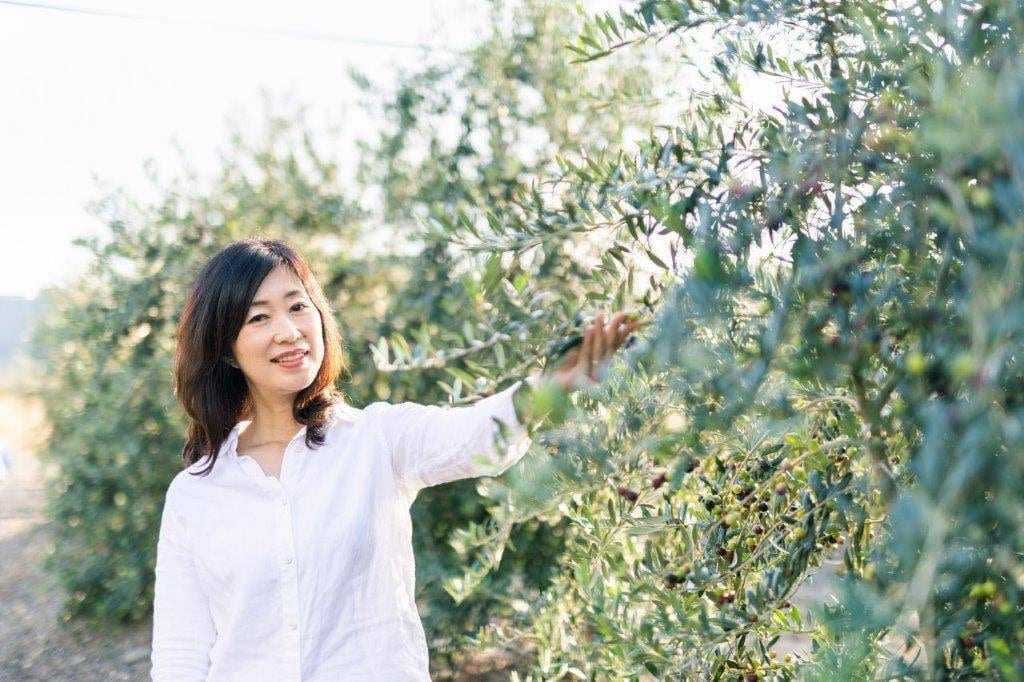
Crea Farm
“From the beginning, we aimed at a regular annual production of high-quality olive oil that could be recognized at international competitions,” Okumaru said. “With the support of our experienced advisors, we took on several challenges provided by our unique climate.”
Okumaru added that the idea for Crea Farm extra virgin olive oil came right as Japan’s food culture was rapidly Westernizing.
“Olive oil use has been increasing quickly, but most of the imported products lacked freshness,” Okumura said. “We had traveled in the Mediterranean countries and the taste of freshly produced olive oil shocked us.”
“In a project to revitalize the region, we began our adventure, inviting prominent experts from overseas, investing in the latest technologies and focusing on giving ourselves an olive oil cultural base that is lacking in Japan,” Okumura added.
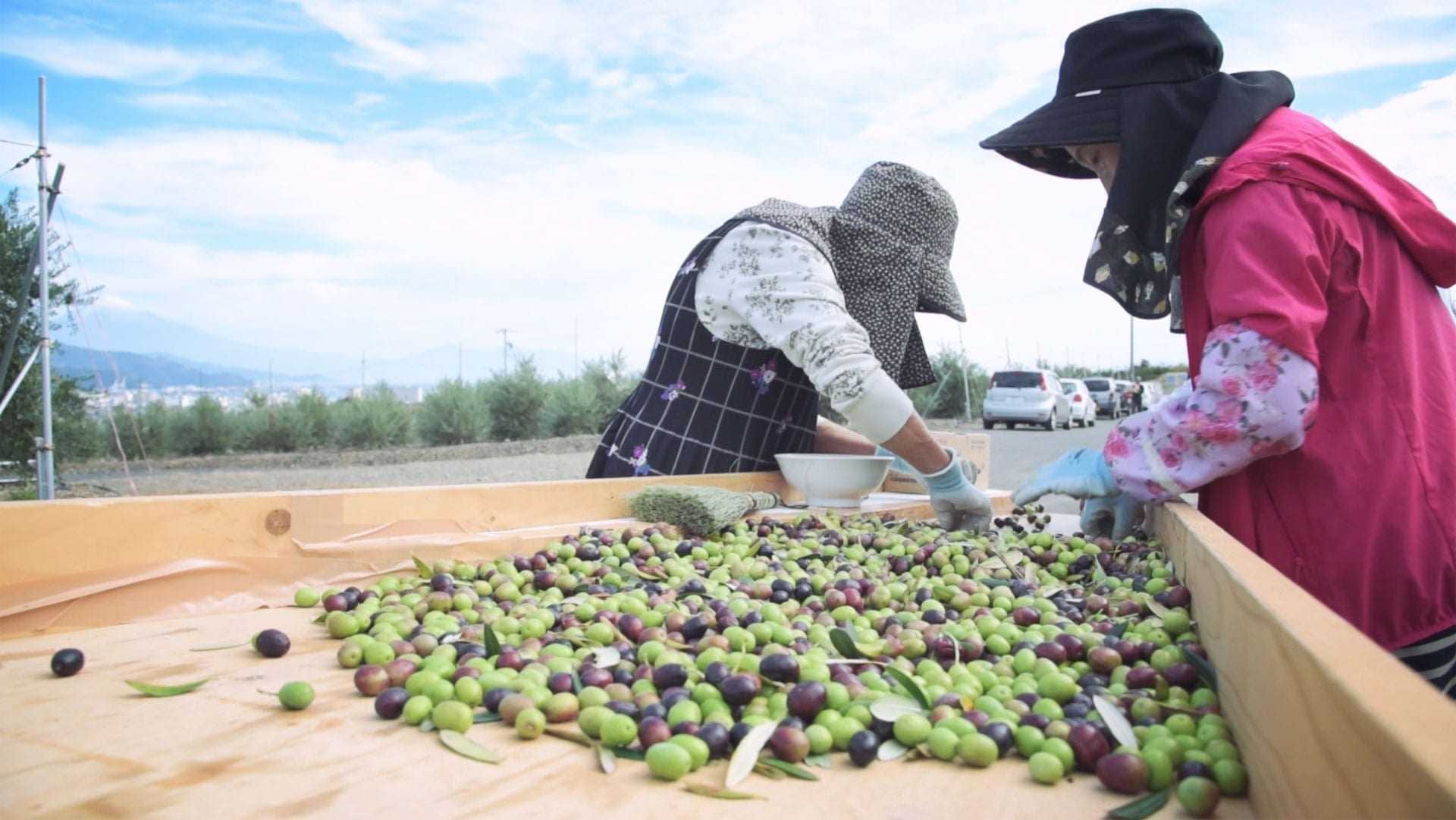
Crea Farm
The farm is currently experimenting with 12 different Italian and Spanish olive varieties, all of which are closely monitored to see how they adapt to the local weather.
“Given our climate and the risk of severe storms, we paid a lot of attention to soil preparation and establishing strong root systems for the trees, in order to limit damage to the farm caused by the annual typhoons,” Okumura said. “We have implemented a management system to monitor and learn from the trees’ behavior.”
While newly founded and young farms represent the majority of Japanese olive oil producers, the 2020 NYIOOC panel of judges also recognized the world-class quality of two products from the Nippon Olive Company, which boasts more than 70 years of experience.
The Okayama-based producers won a Gold and a Silver Award, for Ushimado and Ushimado Superior, respectively. The two medium blends are mostly made from Spanish varieties grown on the hills of Ushimado.

Crea Farm
“We began growing olives in 1942 and since 1949 the company started its business focusing on the production and sale of olive oil for cosmetics,” product manager, Yasuhiro Yoshida, and head of the research, Kenichi Nakagawa, told Olive Oil Times. “In those years, there was high demand for olive oil because of the many shortages the country faced.”
“We are proud of the quality of our olive oil,” Yoshida added. “We are constantly working to improve both testing and pressing techniques. Our founder defined olive oil as a unique combination of taste, medicine and health.”
Ushimado extra virgin olive oil has been produced by the company since 1995 and it has been bottled and distributed every year since 2005.
“We know the characteristics of our olive tree varieties, including Mission, Nevadillo Blanco or Manzanillo,” Nakagawa said. “We invest in monitoring the groves, handpicking the olives and checking each olive before pressing.”
“We have professional tasters in our team to check every single lot as it is pressed so that we can choose the best one to produce our blends from the different varieties,” he added.




